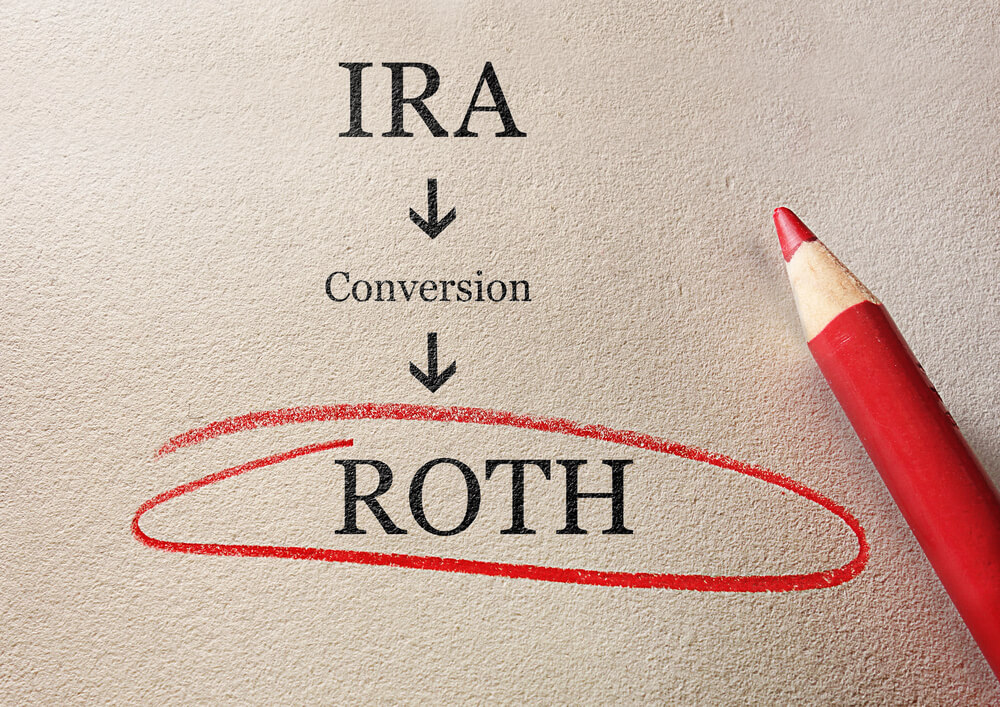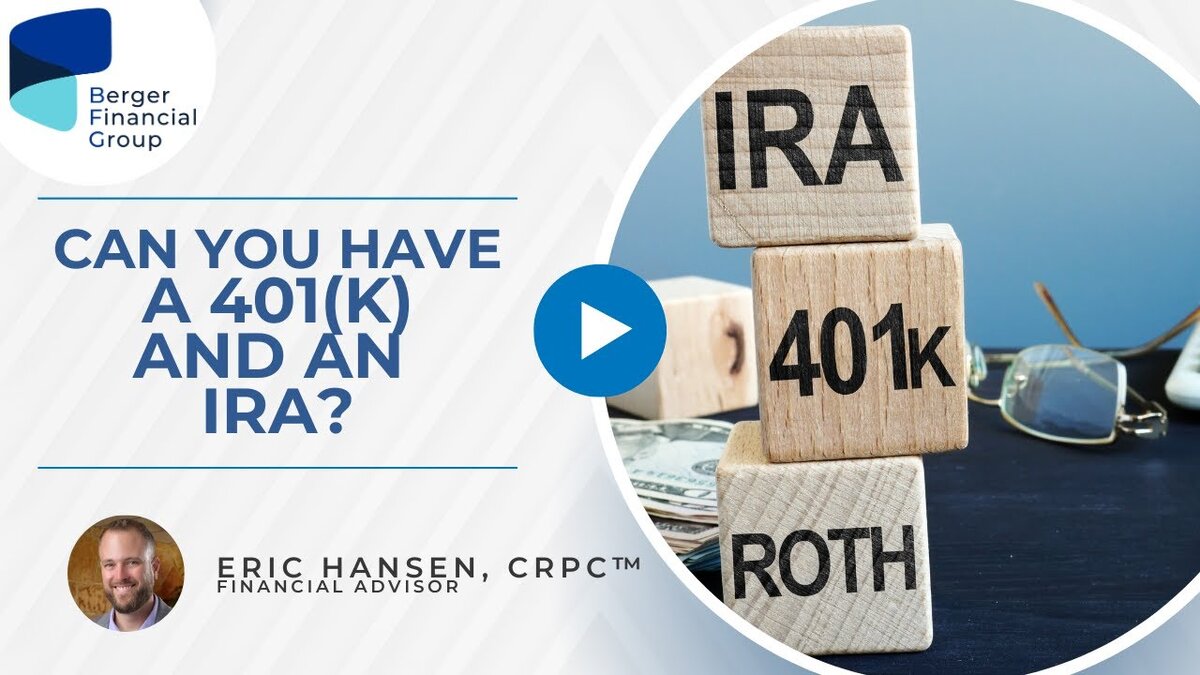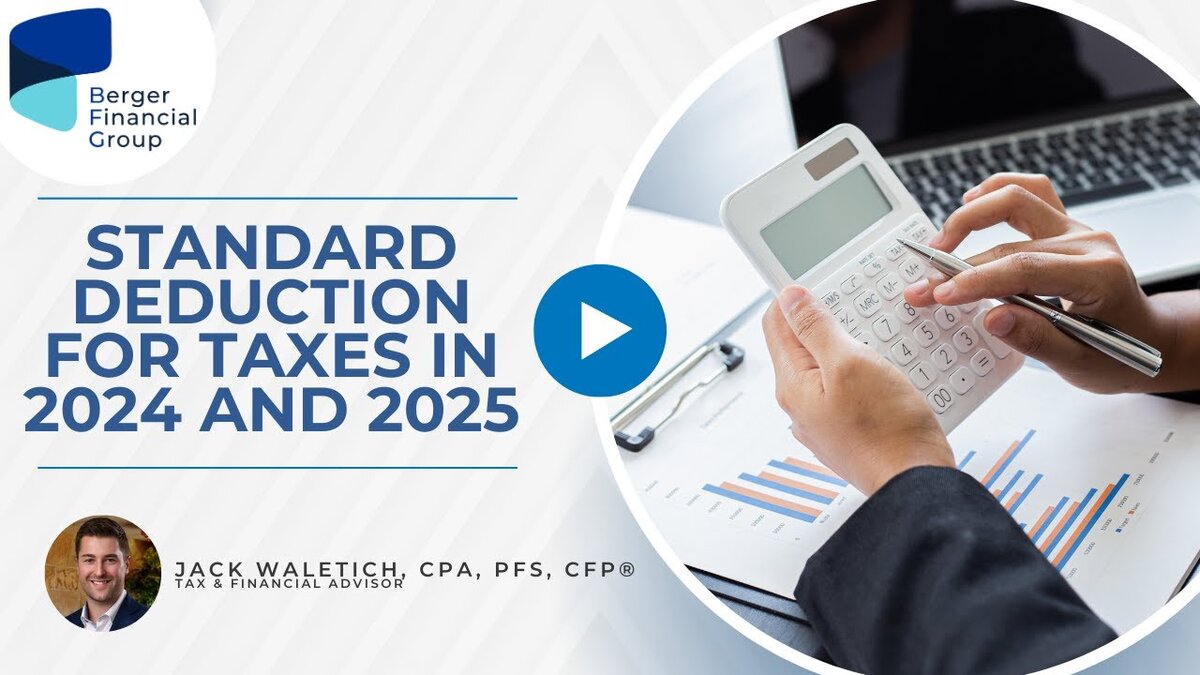A Roth conversion could transform your retirement savings strategy, potentially saving you a significant amount of money in taxes. This financial maneuver involves moving funds from a traditional IRA or 401(k) into a Roth IRA, offering substantial long-term benefits. However, it’s essential to grasp the details to make an informed decision.
What Is a Roth IRA?
A Roth IRA is a tax-advantaged retirement account. You contribute after-tax dollars, meaning you’ve already paid taxes on the money you put in. The magic happens over time: your investments grow tax-free, and withdrawals in retirement are also tax-free.
What Is a Roth Conversion?
A Roth conversion involves transferring funds from a traditional IRA or 401(k) into a Roth IRA. You pay taxes at your current tax rate on the amount converted, but once in the Roth IRA, your money grows tax-free, and you can withdraw it tax-free in retirement.
Should You Consider a Roth Conversion?
Before deciding on a Roth conversion, consider these critical questions:
- How will you pay the tax? You can pay the tax on the conversion from your bank savings or have it withheld from the amount being converted. Ideally, using savings to pay the tax allows the full conversion amount to grow tax-free.
- What will it do to your current tax bracket? If you’re currently in a low tax bracket, converting now can be beneficial. This is especially true if you anticipate being in a higher tax bracket in the future.
- Do you expect to be in a higher tax bracket in retirement? While we can’t predict future tax rates, historical trends suggest taxes are more likely to increase than decrease. Converting at a lower tax rate now could save you money in the long run.
The Impact on Your Tax Bracket
The timing of a Roth conversion can significantly impact your tax situation. The best scenario is to convert during a low-earning year, such as after a job change, a delayed bonus, a period of unemployment, or early retirement. Additionally, higher itemized deductions from business losses, medical expenses, or charitable contributions can also create an optimal time for conversion.
Considering Future Tax Rates
While future tax rates are uncertain, today’s tax brackets provide a baseline. If you believe taxes will rise, paying taxes now on a Roth conversion could be advantageous. This strategy assumes that future withdrawals from a Roth IRA will be more tax-efficient compared to future withdrawals from a traditional IRA, which would be taxed at potentially higher rates.
The 5-Year Rule and Timing
The 5-Year Rule
One crucial aspect to consider is the 5-year rule. This rule states that if you withdraw funds from your Roth IRA within five years of the conversion, you might face a 10% early withdrawal penalty. Therefore, ensure you have other accessible funds to cover your expenses during this period.
The Sweet Spot for Conversion
The most beneficial time for a Roth conversion is typically after retirement and before starting Social Security. During this period, you likely have no earned income, placing you in a lower tax bracket, making the conversion more cost-effective.
Additional Benefits and Strategies
Other Benefits of Roth Conversions
Beyond the immediate tax benefits, Roth conversions offer several long-term advantages. These include tax-free transfers to your heirs and no minimum required distributions (RMDs) during retirement. This can provide more control over your retirement planning and legacy.
The Backdoor Roth IRA Strategy
For high-income earners who exceed the Roth IRA income limits, the backdoor Roth IRA strategy is a viable option. This involves making a non-deductible contribution to a traditional IRA and then converting it to a Roth IRA. There are no limits on the amount you can convert, but remember that taxes will be due on any gains.
Conclusion

A Roth conversion can be a powerful tool in your retirement planning arsenal, but it’s not a one-size-fits-all solution. Carefully consider your current and future tax situations, how you’ll pay the conversion taxes, and your financial goals. Consulting with a financial advisor can help you navigate these decisions and determine if a Roth conversion is right for you. Contact Berger Financial Group today for personalized advice and guidance tailored to your unique situation.






